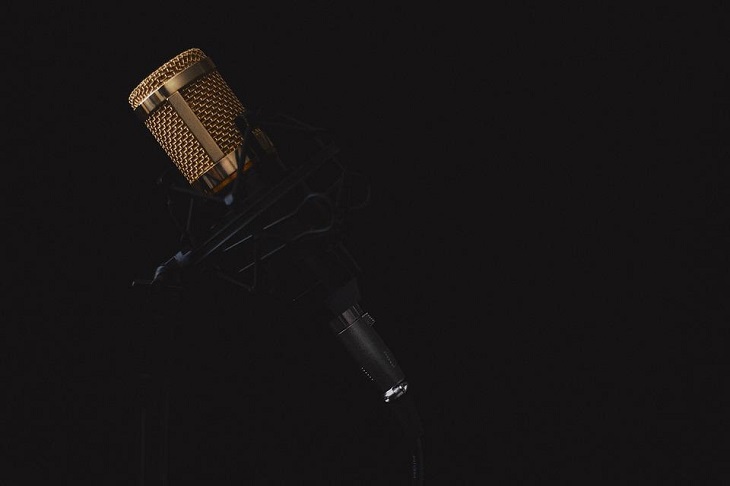There have been discussions on the role of Kenya’s mainstream media, in the upcoming general elections set for August 9, 2022. At the core of concerns has been the perception that some media houses have openly been partisan, and in effect, some of their journalists and reporters are being profiled.
Moreover, there is no doubt that the emergence of online media and tools such as Twitter and Facebook have watered down the traditional monopoly that the mainstream media used to enjoy in owning and disseminating information. It is no longer uncommon to see social media generating content for the mainstream media.
In fact, before you see the “breaking news” on TV or hear it on the radio, it has already spread on social media like bush fire.
As the general elections approach, all eyes are on Kenya’s mainstream media. The latest taste of the waters for the mainstream media came during the streaming of the Deputy Presidential debates where millions of Kenyans tuned in to watch the proceedings. The same was replicated during the Presidential Debate where the decision by some of the candidates not to appear triggered a national discourse on merits and demerits, and speculations in between.
As much as there is a feeling that the mainstream media has been losing “touch” with reality, the fact remains that it still has a major role and holds an immense effect as far as the upcoming general election is concerned. The eyeballs glued on the screens throughout the campaign season to the actual elections and the aftermath, cannot be gainsaid.
Similarly, radio is still king, with over 90 percent of Kenyans actively listening to the radio as the major source of news and entertainment.
The question around the place of the mainstream media in the election equation is four-fold: are they impartial? Will the media be shut down during the elections? What would the media look like after the elections? What will happen to the media perceived as partisan in the elections, if the sides they don’t seem to support win the elections?
The Constitution in article 34 provides for the freedom and independence of the media from the state or any other control.
At the same time, broadcasters are obliged to ensure they project public interest at all times, as provided for in the Programming Code for broadcasting services in Kenya, prescribed by the sector regulator, the Communications Authority of Kenya (CA). The Code provides for the standards and manner for broadcasting services in Kenya.
With respect to coverage of political campaigns, the Code anticipates the broadcasters will exercise accuracy and impartiality in gathering and presentation of news and information and fairness in the coverage of the various players in a campaign season.
What is the role of the mainstream media in this election?
The cardinal principles of journalism remain the same over time. The Kenyan media is no exception. The media has a role to maintain objectivity, fairness, and truthfulness in the coverage of elections.
There is a need for the media to remain “alive” during this period. They should be the eyes of Kenyans and stream the events from across the country without bias or manipulation.
The media cannot be a platform for purveying disinformation, spreading hate speech, or incitement to violence by political actors.
As the ICT industry regulator, the CA has the responsibility of promoting and facilitating the development of the broadcasting industry in Kenya, in line with the Constitutional guarantees of the freedom and independence of the media.
The Programming Code
The Authority is required by the Kenya Information and Communications Act, 1998, and the Broadcasting Regulations to prescribe a Programming Code setting the standards for the time and manner of programs to be broadcast by licensed broadcasters and compliance with the said provisions.
It is the responsibility of broadcasters to ensure that their programs and services comply fully with this Code. Broadcasters are also required to satisfy the Authority that they have adequate procedures to fulfill this requirement.
This Code desires that:
- Broadcasting in Kenya should reflect the national values, aspirations, hopes, and dreams of Kenyans;
- Broadcasting is regarded as a powerful medium for influencing culture, beliefs, and values as well as a tool for economic growth and development;
- Broadcasting has an immediate and lasting impact on the public and therefore demands that its practitioners display a high sense of responsibility, morality, fairness, and honesty at all times;
- Broadcasting services are expected to uphold the values and customs of civilized society, maintain respect for the rights and sensitivities of all people, preserve the honor and sanctity of the families and homes, protect the sacredness of individual dignity, and promote national unity and cohesion.
As we inch closer to the elections, there is no doubt that the mainstream media continue to form and shape perceptions of voters in more ways than one.
They continue to dissect the main issues in the current campaign, the manifestos of the contending parties and formations, highlighting the emerging issues in the campaigns, and in doing so, giving the citizens the information, they require to make informed choices on the 9th of August as they cast the ballot.
It is anticipated that as the campaign season hits the fever pitch, the mainstream media will be there to stand counted as having played their rightful role in enhancing Kenya’s democratic space and a credible election.
How the country moves on past the election will also depend greatly on how the media shapes the narrative in the aftermath of the elections.
With past election experiences, there have certainly been lessons learned on the power of the media in enhancing national cohesion or tearing it apart. How they perform this role during and post 9th August remains to be seen.

